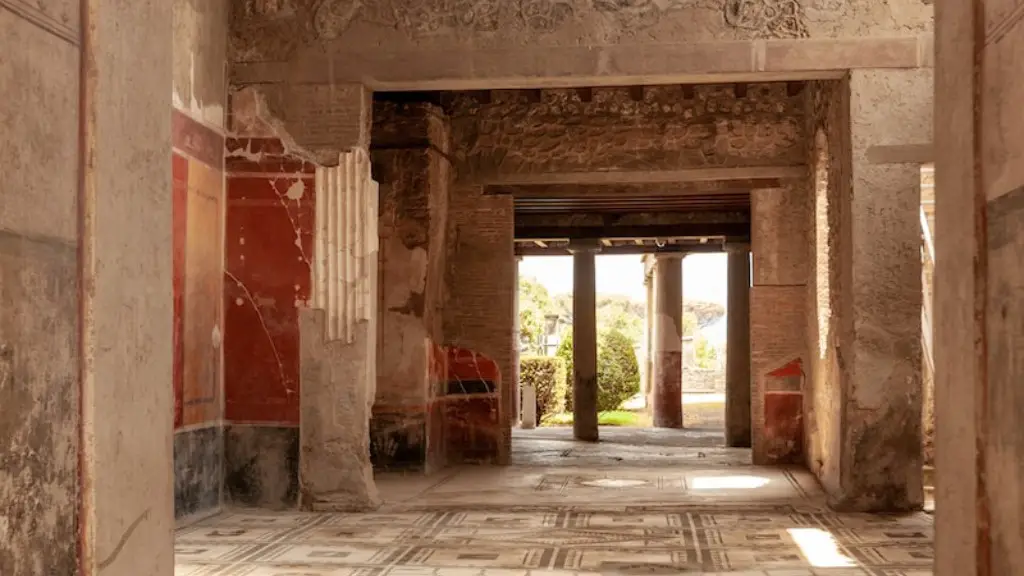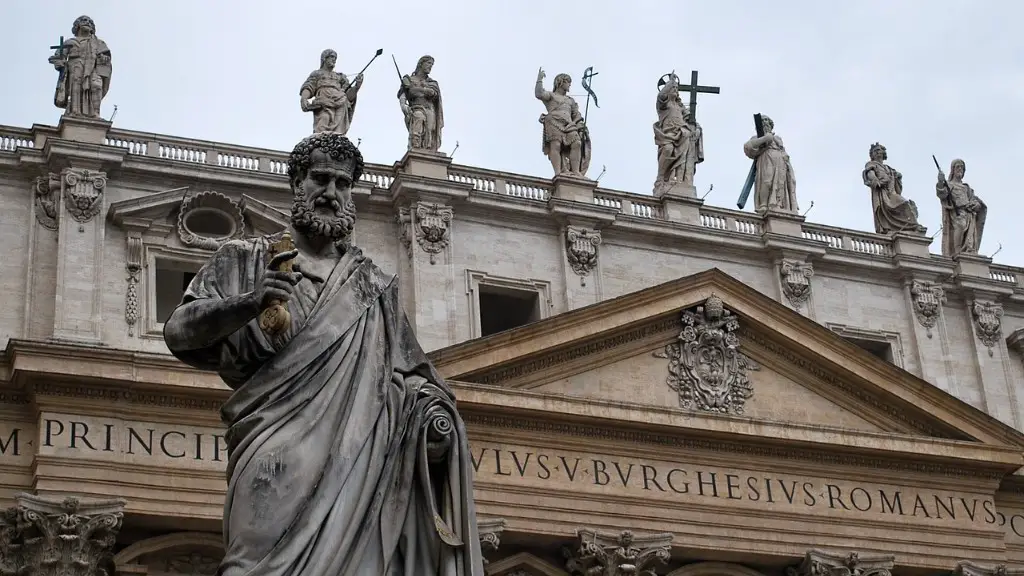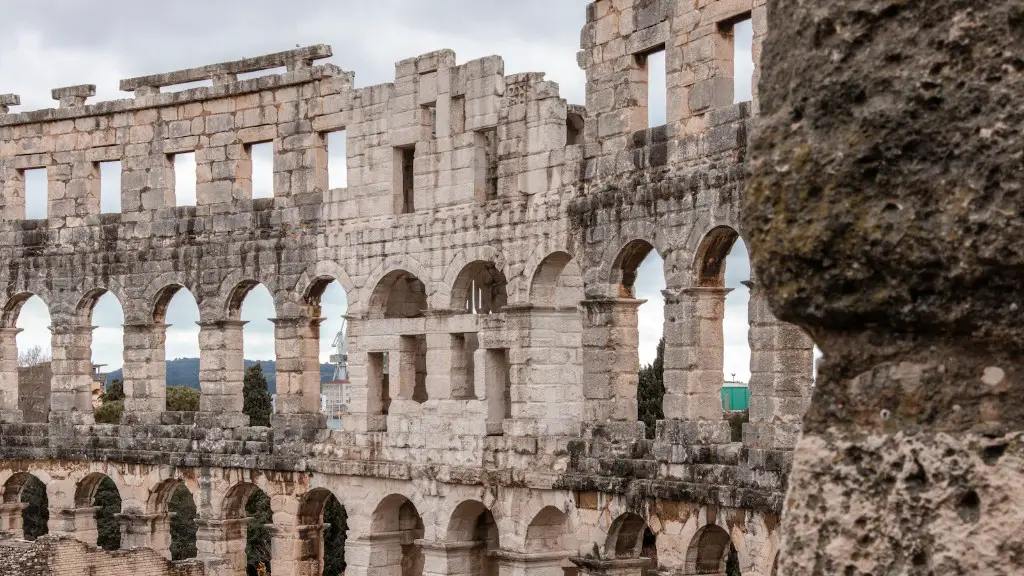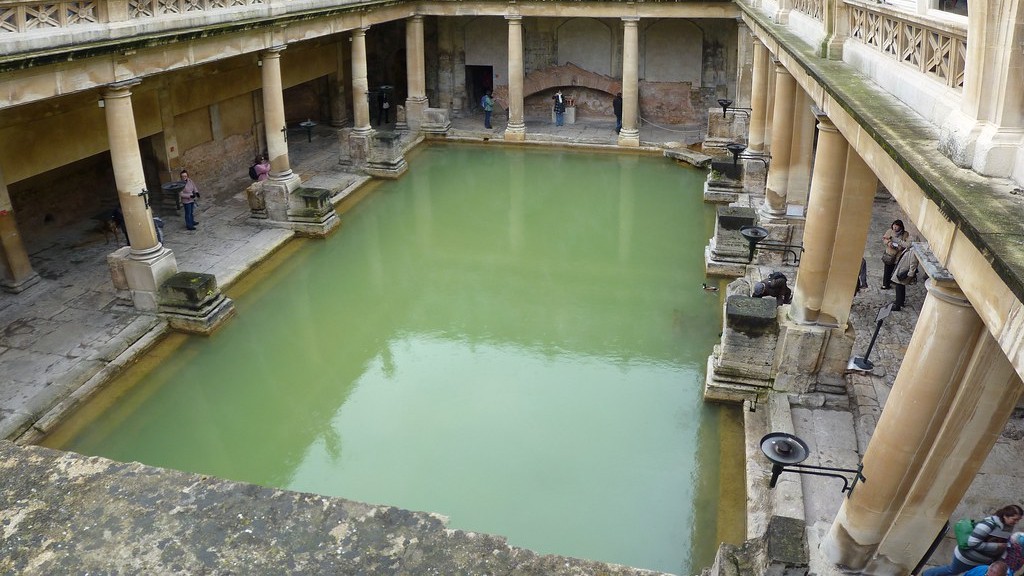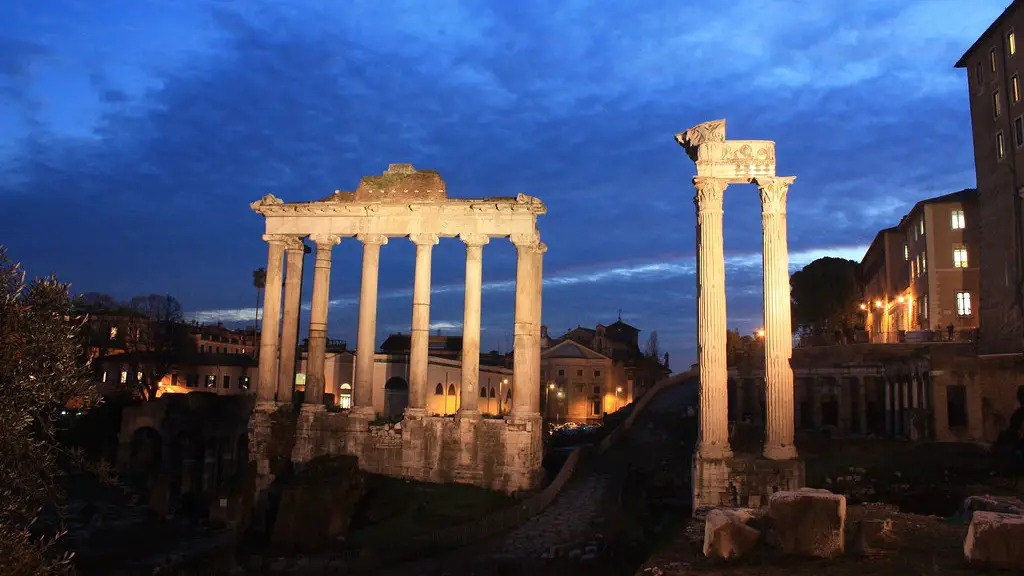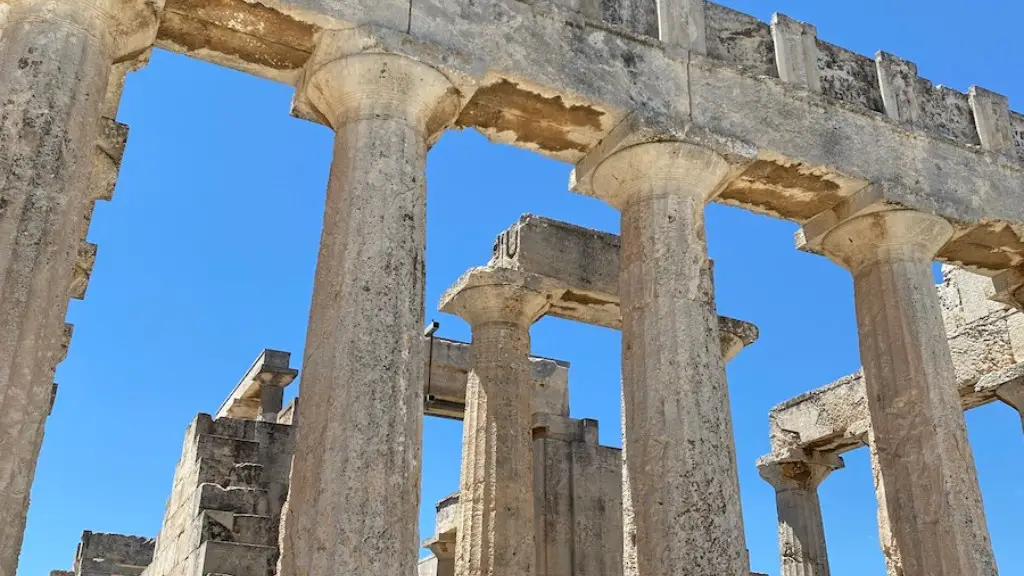Julius Caesar
Julius Caesar was one of the most famous and powerful leaders of ancient Rome. He was a general, statesman, and a politician, who established the Roman Empire. Julius Caesar was born into a Patrician family in Rome in 100 BC, and was raised in the city. He was an experienced orator and could sway a crowd. Caesar showed early talent in both military and politics. He served as consul in 59 BC, and was elected pontifex maximus, the highest Roman priest, in 63 BC.
Caesar’s greatest impact on Rome was in his military conquests. He began a series of campaigns in Gaul (now France and parts of Germany). Later, Caesar was betrayed by his fellow senators and was assassinated on the 4th Ides of March in 44 BC. His death sparked a political turmoil which ultimately led to the civil war between his adopted son Octavian (later Augustus) and Mark Antony. After Mark Antony’s death, Octavian became the first Emperor of Rome – Caesar Augustus.
Caesar was renowned for his strategic and tactical genius, as well as his strong understanding of the human mind and military tactics. He was also famous for his efficient and effective administration of the Roman Empire. Caesar was a visionary and believed in promoting Roman exceptionalism, and his political mastery was remarkable. Caesar is viewed as one of Rome’s greatest leaders and is credited with the founding of the Roman Empire.
Augustus
Augustus was the first Roman Emperor and is one of the most important figures in Roman history.Octavius was born in 63 BC, the great-nephew of Julius Caesar and was adopted by Caesar as his heir in 44 BC. Augustus was one of the most influential and powerful leaders of ancient Rome and is noted for his many reforms including retirement of the Republican system and is credited for laying the foundations for a stable and prosperous Roman Empire.
During his rule, he unified the law, reorganized the government, initiated constitutional reforms, and brought prosperity to the empire which lasted for almost two centuries. He also promoted religious harmony and supported the development of literature, science, and the arts. He was also revered by his subjects as a great and merciful ruler. Augustus was known for his piety and his ability to balance between the needs of the Roman people and the demands of the Senate.
Augustus was a brilliant military commander and was able to expand the borders of the empire to include Egypt and even parts of modern-day Germany. He had a strong understanding of all the different cultures of the conquered lands and, as a result, was able to successfully and peacefully integrate these into the Roman Empire. Augustus was a great orator, an effective diplomat, and a brilliant leader. He shaped the political landscape of the Roman Empire and is remembered as a great emperor.
Marcus Aurelius
Marcus Aurelius was a philosopher emperor of the Roman Empire who ruled from 161 to 180 AD. He is widely regarded as one of the most powerful and influential leaders of antiquity and was renowned for his wisdom and strong morals. He was born into a wealthy and influential family, and his father instilled in him a love of learning and a deep respect for Stoic philosophy.
Marcus Aurelius was one of the most successful military and political leaders of the age. During his reign, the Roman Empire was the largest and most powerful empire in the world. He was an incredibly successful military commander and was able to expand the borders of the empire to include Dacia (modern-day Romania and Bulgaria). He was also a great administrator and was able to balance the needs of the people with the demands of the Senate. He was one of the most renowned emperors of the Roman world.
Marcus Aurelius was also a great philosopher and was renowned for his writings such as Meditations and Lectures on Stoic Philosophy. His writings reflected his strong Stoic beliefs and his respect for nature and humanity. He was a deeply religious man and believed in the power of the gods to guide and protect Rome. Marcus Aurelius’ legacy has endured to this day and he is still highly regarded by historians as one of the greatest leaders of antiquity.
Constantine the Great
Constantine the Greatwas one of the most important and powerful rulers of the Roman Empire. He was born in Serbia in 272 AD and became the sole ruler of the Western Roman Empire in 324 AD. Constantine is renowned for his effective administration and military skills which helped consolidate the Roman Empire and transition it from a polytheistic system to Christianity.
Constantine the Great was an incredibly gifted military strategist and was able to decisively win the Battle of Milvian Bridge in 312 AD. This battle gave him control of the entire Western Roman Empire, and allowed him to begin implementing reforms that would lead to the consolidation of its power and the eventual transition to Christianity. He was also known for his generosity and compassion, and was deeply respected by his subjects.
Constantine the Great was also a great statesman and he is credited with creating the legal codes which would later become the basis for the could be just laws of the European countries. He also initiated missionisation of Europe by sending missionaries to spread the Christian gospel throughout the continent. Constantine the Great was one of the most important rulers in the history of the Roman Empire and is remembered as one of its most influential leaders.
Trajan
Trajan was an incredibly successful and influential Roman Emperor who ruled from 98 to 117 AD. He was born in Spain to a wealthy family and was able to propel the Roman Empire to its greatest heights of power and prosperity. During his reign, the Empire expanded to its largest territory, eventually encompassing the entire Mediterranean region.
Trajan was an incredibly gifted military commander and was able to defeat powerful enemies such as the Dacian and Parthian Empires. He was also known as a peace-loving ruler and was committed to the welfare of his people. He expanded the public service system, improved public roads and public works projects, and invested in education and the arts.
Trajan was also a great statesman and deeply respected by his subjects. He was a great orator, a strategic thinker and an effective administrator. He is widely recognized as one of the greatest Roman Emperors and is remembered as a great leader. Trajan’s legacy has endured to this day and he is still widely regarded as one of the most influential leaders of antiquity.
Hadrian
Hadrian was one of the most powerful and influential Roman Emperors, ruling from 117 to 138AD. He is renowned for his extensive public construction projects, his highly advanced military and peace treaties, and his many reforms. Hadrian was born into a powerful patrician family and was educated in Greek and Roman literature.
Hadrian was an incredibly talented military commander and was able to defend the borders of the Roman Empire against the hard-pressed enemy forces of the Sassanid Empire to the east and the Germanic Tribes of the North. He was also a great administrator and important reformer and is credited with revitalizing the Roman economy. He was a great orator, a brilliant political thinker, and a wise and influential ruler.
Hadrian is also known for his religious and cultural complex at the site of Baalbek in Syria. He was known as a man of great intelligence and faith, and was also a great patron of the arts. Hadrian is widely recognized as one of the greatest Roman Emperors and is remembered for his wise leadership and for his many accomplishments.
Constantine II
Constantine II was the son of Constantine the Great, and was ruler and co-emperor of the Roman Empire from 337 to 340 AD. He was born in modern-day Serbia and was brought up in Constantinople, the capital of the Empire. He was a gifted military commander and was able to successfully expand the borders of the Empire, even briefly conquering lands in modern-day Germany.
Constantine II was an effective administrator and was able to bring stability and prosperity to the Roman Empire. He initiated reforms to improve the quality of life in the empire and was especially known for his religious tolerance and patronage of the arts. He was also renowned for his diplomatic skills and for his ability to maintain peaceful relations with Rome’s neighbours.
Constantine II is remembered as a great leader and is credited with stabilizing the Roman Empire. He was an effective military commander, an able administrator, a wise statesman, and a great patron of the arts. He is remembered as one of the most influential and powerful leaders of ancient Rome.
Theodosius the Great
Theodosius the Great was a Roman Emperor who ruled from 379 to 395 AD and is widely regarded as one of the most powerful and influential leaders of antiquity. He was born in Hispania in modern-day Portugal and was the son of a Roman general. He became emperor in 379 AD and was successful in expanding the borders of the empire and was able to defeat powerful enemies such as the Goths and the Visigoths.
Theodosius the Great was an incredibly effective ruler and was able to enact reforms to strengthen the security, economy and public services of the empire. He also initiated the process of Christianization in the empire which transformed it from a polytheistic to a monotheistic state. He was a great orator and a wise statesman, and was renowned for his religious piety. He was also a great patron of the arts and was renowned for his love of literature and music.
Theodosius the Great is remembered as a great leader and is credited with stabilizing the Roman Empire. He was an effective military commander, an able administrator, a wise statesman, and a great patron of the arts. He is remembered as one of the most influential and powerful leaders of ancient Rome.
